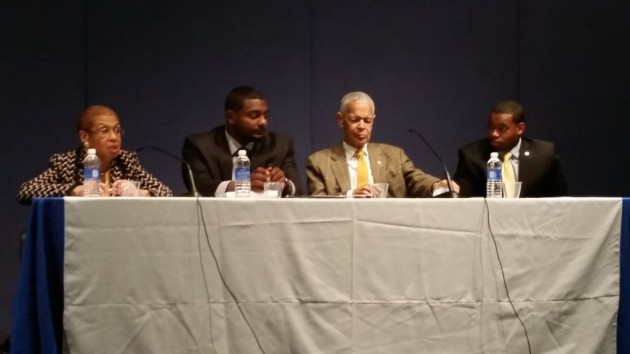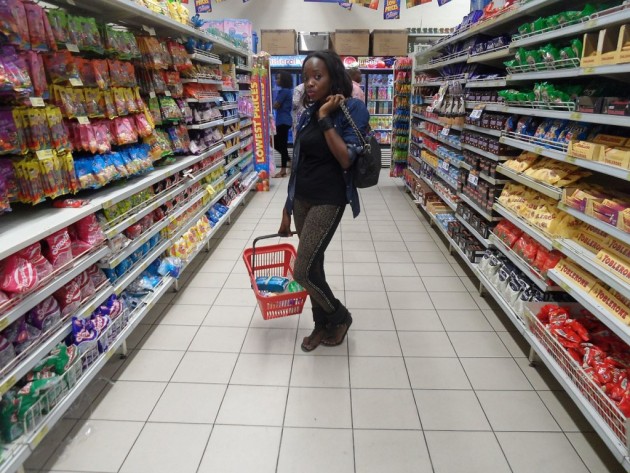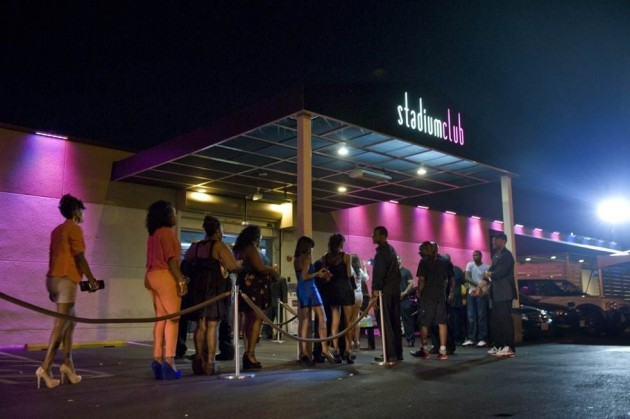
Voters face new challenges this presidential election since the amending of the Voting Rights Act in 2013. Courtesy photo.
WASHINGTON – With a historic presidential election just weeks away and new restrictive voter laws in many states, the Congressional Black Caucus Foundation (CBCF) on Wednesday announced new initiatives, it said, will help protect voting rights for African Americans and others at the opening press conference for the organization’s 46th Annual Legislative Conference (ALC).
The CBCF is the fundraising and program arm of the Congressional Black Caucus, an organization of congressional representatives for mostly predominately African-American districts.
A. Shuanise Washington, the president and CEO of the CBCF, announced the legislators and their foundation would be hosting a “Voter Protection” series during this year’s conference.

Photo by Courtney Davis: A. Shuanise Washington, president of the CBCF,
said the foundation will focus on efforts to keep voting rights available to all.
The series will highlight “challenges and solutions in order to overcome restrictive voting laws,” Washington said.
Rep. Lacy Clay, D-Mo., the honorary co-chair of this year’s conference, said the series is an effort to fight voter suppression and protect the right to vote federally and locally.
Voter suppression has become an issue since 2013 when the Supreme Court declared unconstitutional a provision of the historical Voting Rights Act, which was signed into law by President Lyndon Johnson in 1965, to overcome legal barriers designed by states, cities, towns and counties across the South to prevent African Americans from voting.
The provision that the court struck down had required areas with a history of discrimination in voting to pre-clear any changes in voting laws with the Justice Department or the federal courts.
Following the court’s decision in Shelby County v Holder, some states put in restrictive rules for voting and voting registration that many, including the U.S. Department of Justice, said target African Americans, Latinos and the poor.
“Shelby County v. Holder severely weakened the Voting Rights Act,” Clay said. “Jurisdictions at all levels of government fear the diversity of the new American electorate. They have been in a misguided race to see how many roadblocks and modern day poll taxes they can put in place to disenfranchise as many citizens of color as possible.”
The Justice Department, the NAACP and other civil rights organizations have been pushing back.
Just two weeks ago, the Supreme Court denied a request from North Carolina to allow its controversial voting rights law to go back into effect. A lower court opinion that struck down the law, which it said targeted "African-Americans with almost surgical precision."

For the first time since 1965, voters will not be fully protected by the
Voting Rights Act. Courtesy photo.
The law, which North Carolina legislators put into effect quickly after the Supreme Court’s 2013 decision, eliminated same-day voter registration, rolled back a week of early voting and put an end to out-of-precinct voting. This year will mark the first presidential election since the altering of the Voting Rights Act.
In this presidential election, 14 states will have new voting restrictions. Some of the new laws include strict photo ID requirements and early voting cutbacks.
“When you think about the black community and the fact that despite all these achievements, we are still unemployed at twice the rate as Whites, working is important,” said Menna Demessie, vice president of Policy and Research for the CBCF.
Aside from the Voter Protection Series, the CBCF also announced it will release a Voting Rights Tool Kit and launch a Black Voters Awareness Day. More information about these initiatives will be posted on the CBCF website, officials said.
“Throughout the conference you’ll hear a lot of discussions around policy, around mobilization and also about the critical importance of recognizing the progress we’ve made this far,” Demessie said.
According to Demessie ,the black voter turnout has increased over the past five presidential elections.
“In 2012, the share of the black vote was two percentage points higher than the white vote, 130 million folks coming out to the polls,” she said.
Rep. G.K. Butterfield, D-N. C., chairman of the CBCF, said the legislators are also focused on gun violence in America.

Rep. Lacy Clay of Missouri said some fear the power of the new electorate.
“It is number one on our agenda,” Butterfield said. “We are also talking about persistent poverty. Several hundred counties in the United States have poverty rates greater than 20 percent that has lasted for more than 30 years. We are doing something about it.
Other issues listed on the legislative agenda were reforming criminal justice and economic opportunities that protect HBCU’s and other minority serving institutions, he said.
“I am encouraged by this year’s theme, ‘Defining the moment, building the movement,’ as we continue to address the issues impacting our communities across the country,” he said.









